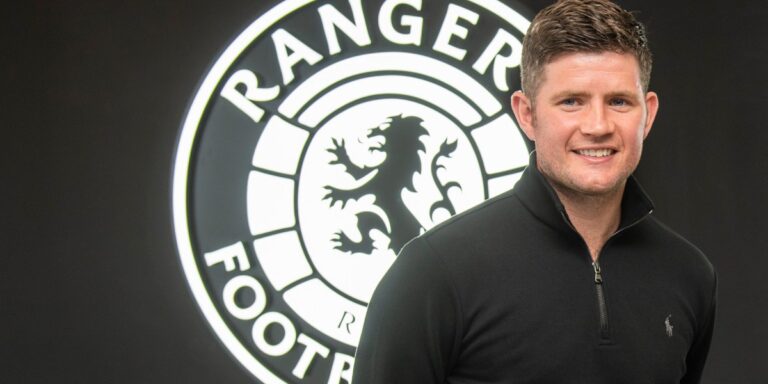The U.K. football community may be accustomed to athletes indulging in lavish lifestyles, from private jets to designer attire. However, former footballer turned entrepreneur Tom Beahon has maintained a frugal mindset, despite co-founding the £950 million ($1.29 billion) premium sportswear brand Castore.
Tom Beahon’s Frugality in a Lavish World
“I’ve never bought an expensive watch nor do I splurge on clothing. Even on long-haul flights to Australia, I opted for economy,” Beahon shared with the Financial Times. “The concept of spending doesn’t bring me joy.” This perspective seems unusual, especially in the realm of premium sportswear, but it reflects a deeper understanding of financial stability.
A Journey from Football to Finance
Beahon’s career began as a youth football player with Tranmere Rovers before moving to Spain’s Jerez Industrial CF. Unfortunately, his athletic aspirations were cut short in his early twenties. He pivoted to finance, working at Lloyds Bank while his brother Philip took a position at Deloitte. The two eventually launched Castore in 2015, though the initial years were marked by financial struggles.
Building a Business on a Shoestring Budget
During the first three years of Castore, the co-founders paid themselves just £1,000 ($1,355) a month, striving to funnel resources back into the business. Beahon reverted to living with his parents, while Philip relied on his future wife to cover living costs. “Those were testing financial times,” he recalls. Despite the brand nearing a £1 billion valuation in 2023, Beahon has kept his frugal habits intact.
The Enduring Fear of Financial Instability
“I once thought about treating myself, but I’ve always leaned towards saving rather than spending,” Beahon explains. His history of financial anxiety has left a lasting impression. “The fear of financial failure has etched itself into my psyche. It’s a constant focus on cash flow and a lingering paranoia about my financial health.”
Gift-giving: A Contrast to Personal Frugality
While Beahon refrains from splurging on himself, he takes pleasure in treating his parents to nice vacations and business-class flights. “They’re in the phase of enjoying life, while I’m still focused on building my career,” he says. Growing up in a working-class family in northern England, his parents never had the luxury of vacations, further fueling Beahon’s desire to provide them with experiences he never had.
Unique Perspectives on Entrepreneurial Struggles
During the early days of Castore, Beahon often noted that many entrepreneurs had safety nets that he lacked. “I didn’t have the luxury of spare cash from my parents. We started this journey with immense financial risk,” he said. Beahon’s parents made significant sacrifices, even remortgaging their house to invest in their venture. The success of Castore reflects not just a financial achievement, but a journey toward security that Beahon has always valued.
Frugality Among Other Millionaires
Tom Beahon’s frugal habits are not unique. Young self-made billionaire Lucy Guo exemplifies this by shopping at affordable retailers like Shein, while investor Mark Cuban worked tirelessly for years without taking vacations, driven by the fear of failure. Actress Keke Palmer, who became a millionaire at age 12, still lives under her means, crediting her parents for instilling a sense of financial responsibility. Similarly, David’s Bridal CEO Kelly Cook once balanced multiple jobs while living frugally as a single mother, and has since transformed her career.
These stories illustrate that even amidst immense financial success, many individuals retain a frugal outlook shaped by their backgrounds and early struggles. The balance between wealth and a grounded lifestyle can lead to greater fulfillment and security in uncertain times.

